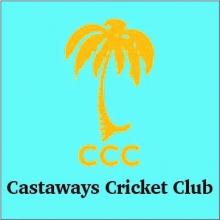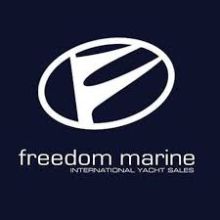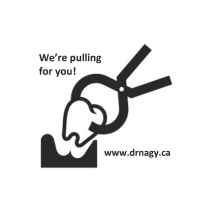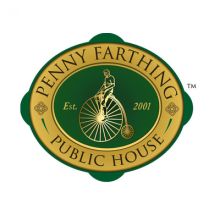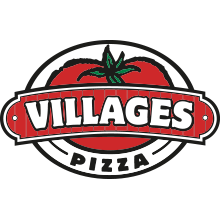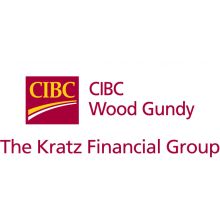Monday's Musings - PRO Rugby
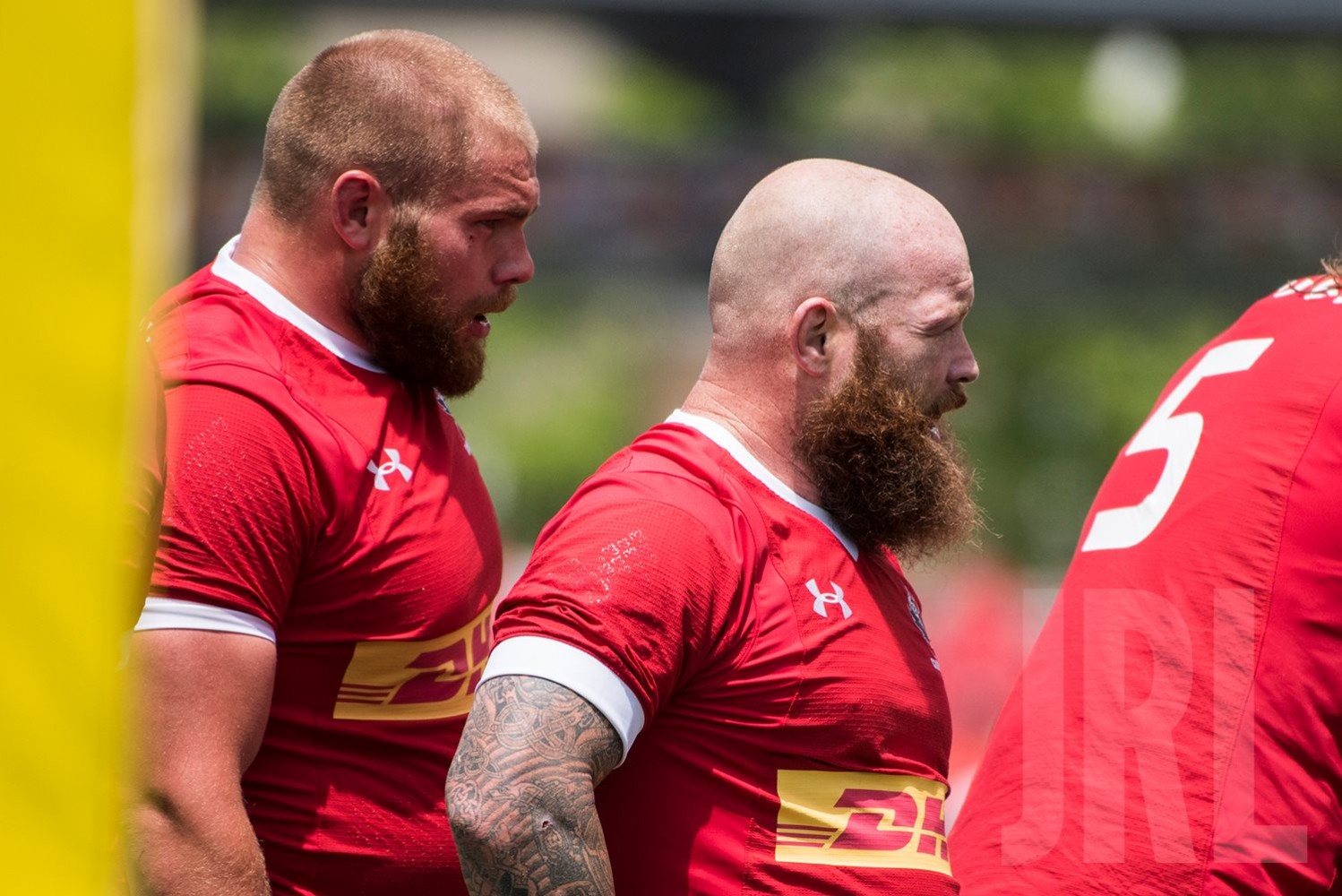
A SEASON’S REFLECTIONS
A recent pleasure was to sit down with Jake Ilnicki and Ray Barkwill to reflect on their season past, ProRugby – U.S. style. Although we attempted to address some specific questions, the conversation often transferred to more generic issues facing Canadian and North American rugby. Gentlemen, thank you for your time and thoughts. We wish Jake all the best as he is off to ply his trade with Manawatu Turbos in the NPC league. The comments are generally a synthesis of responses.
CW: Both of you have a wide variety of playing experiences. Was ProRugby anything different from what you have experienced?
“The excitement of being on the ground level of something very new and different was a buzz. Being ‘founding fathers’ and establishing legacy was of great interest – a certain uniqueness of it all!”
CW: In this inaugural year, there was obviously much to be learned. What were some of the strengths and challenges?
“One of the main strengths was living as a “pro” – paid to play; playing with guys who have been opposition; developing a comradery because of a common cause. E.g. Sacramento was early on, at the bottom of the league, losing some six on the trot in early season yet there was not one incident of a player shirking practise and we did improve by the end of the season. In S.D. a talented player was released due to lack of application. The sheer athleticism of the American players, drawn from a wide variety of experiences was a strength. To watch them expand their rugby skills and rugby understanding improve, was also enjoyable. The schedule was relatively “smooth”; playing in front of 1000 plus fans and the general enthusiasm was good. In S.D., the team got out to do school clinics, a strength, not to mention the state of the art training center we had at Exo.”
The main issues seemed to stem around travel both the planning for and management of, in terms of recognizing the team’s needs – players travelled separately, re-routed for convenience or money-saving, often arriving late at night, playing the next day or in some cases, later that same day and flying out after the game. In the case of Sacramento, they always flew out of SAN, adding a tough haul to already lengthy trips. “Recognizing that NBA and ProRugby players have very different needs is important, going forward!” “ Training sessions: although there is some rugby coaching expertise, it seemed to vary widely and things were not always appropriate or precise – lots of sets of ‘pattern reps’, not related to upcoming opposition or often having players as ‘drill-killers’ when things should have been much more basic and in some instances a rewarding comment when the drill performance was_____!” “I felt that getting players to try to play level of rugby beyond their rugby IQ was an issue.”
CW: What were the highlights for you?
“Getting paid to pay in a different cultural setting. Seeing now that for Canadian players there is a definite pathway to potentially making a living – more than just putting bread on the table but not close enough to paying a mortgage, playing rugby.”
CW: How did the standard of rugby compare to your experiences?
“There was variety rather than parity – one club in the league having an excellent set of backs but forwards who could not win ball, for example. The respective teams had 6/7 very talented and experienced rugby players, with ten or so “learners”. With club’s #1 starting lineups, the standard may have been ‘low ARC/good CRC’ level. At worst, nowhere near as good as a hard CDI game.” “Collisions were not as passionate as the international level!”
CW: Despite being fierce rivals, the U.S.A. and Canada really do need to be united during this significant period of rugby growth. In your opinion, how can we at CW best work to achieve growth of the game?
“In many ways we are achieving growth via the successes of our junior programs however our higher level players need to be more involved, from grass roots to youth with our rugby programs. Matt Weingart’s work, returning to Williams Lake is my example.” “As I said, there is now a clear pathway to a level of eliteness, we need to focus on an increased commitment to reach our full potential. Our club culture is superb but there needs to be an understanding of ‘HOW TO’. “
This concludes the first episode. Stay tuned for the second episode on Wednesday’s Ruck & Maul; ProRugby – The Future.





